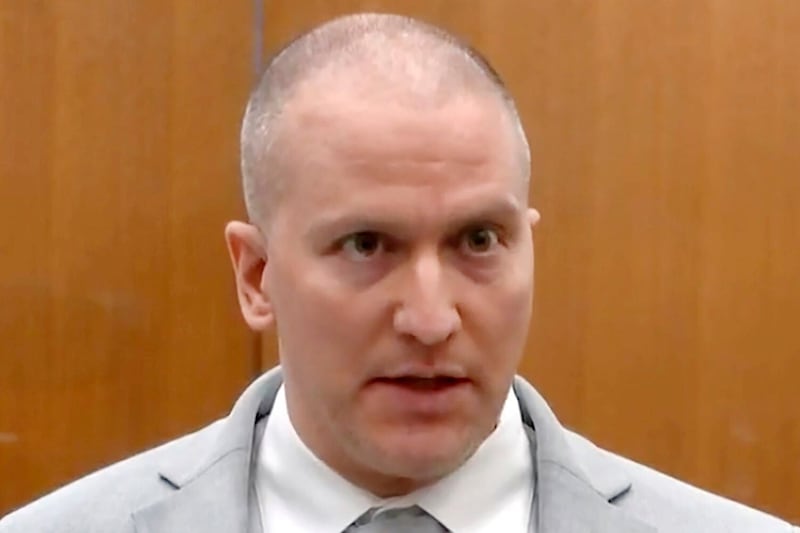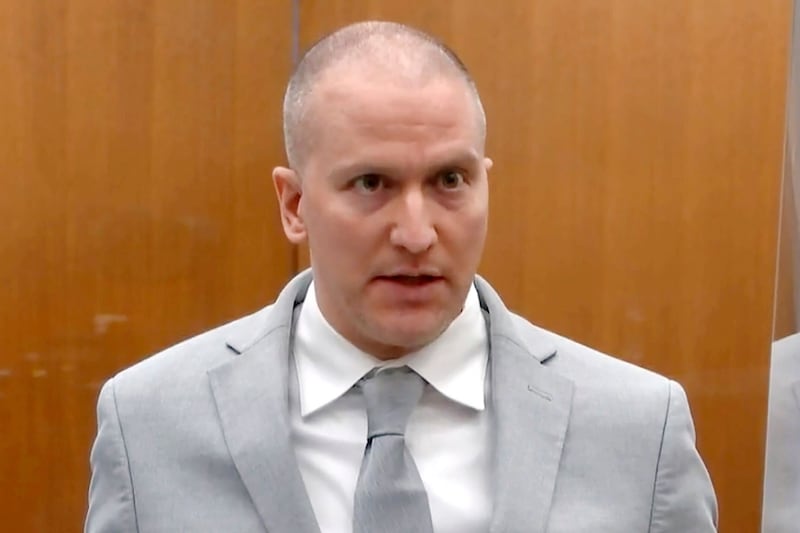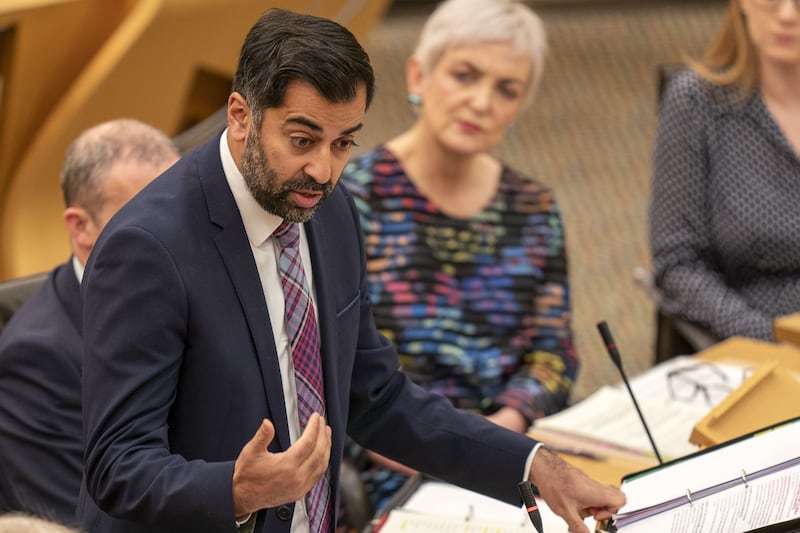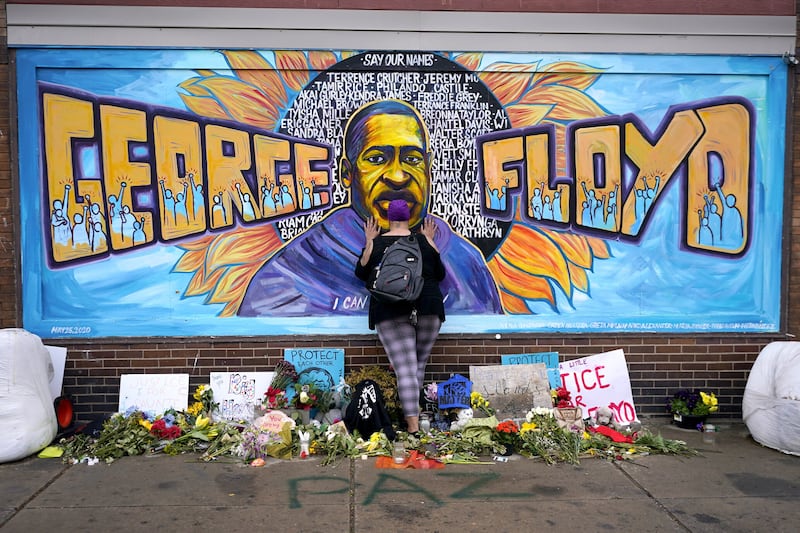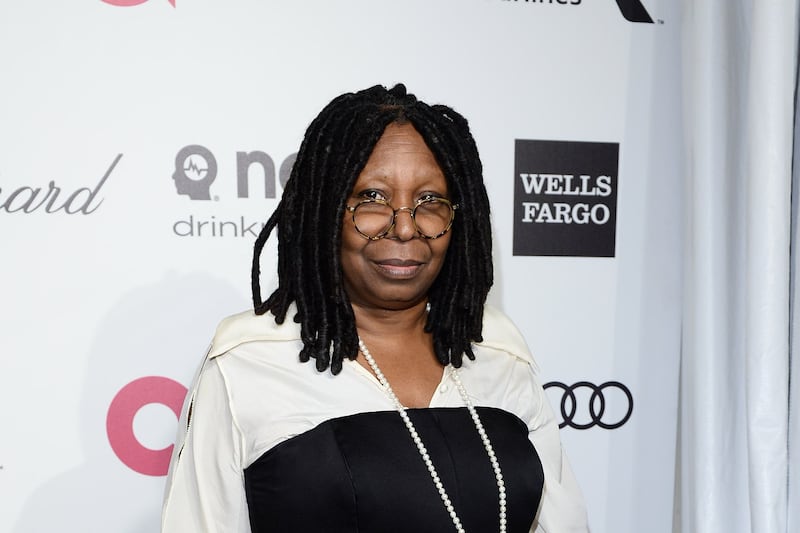While the debate over symbols and emblems has always been a heated one across Ireland and within both the nationalist and unionist traditions, it is striking how quickly it has now moved to the top of the agenda in Britain as well.
Anti racist protesters have reacted with enormous and understandable anger to the appalling circumstances surrounding the death of African American George Floyd in US police custody last month.
Their first high profile target was the monument to the 17th slave trader and philanthropist Edward Colston in Bristol, which was pulled down by a large crowd last week and thrown into a nearby harbour.
Other similar attacks have followed in a range of locations, with far right elements responding by viciously clashing with police in London over the weekend.
Stormont first minister Arlene Foster’s call for a `balanced conversation' to take place on such issues was entirely reasonable, as many people with a strong historical insight from a range of backgrounds have been deeply troubled by the image of statues being defaced or destroyed.
Much discussion has centred on Winston Churchill, who, apart from sending the notorious Black and Tans to Ireland, expressed well documented and extreme views on the people of India, China and other countries which would have made it impossible for him to hold public office today.
However, he was also Britain’s prime minister in World War Two, and, as a defining leader from a different era, it is important that his complex legacy should be carefully considered and placed in its proper context.
It would surely be more appropriate if most memorials to Churchill and other contentious figures across these islands simply carried a plaque which set out their overall record but also acknowledged the offensive nature of many of their words and deeds. Some would be better displayed in a museum than on city centre plinths.
Parliament Buildings in Belfast has portraits honouring key individuals from both traditions but the only statue of a recognised individual in its grounds salutes Edward Carson, a unionist icon who was closely associated with loyalist gun-running and firmly opposed early attempts at devolution.
There is a strong case for retaining Carson's effigy while adding other tributes in the same area and elsewhere in a way which reflects all aspects of our divided and diverse society.


